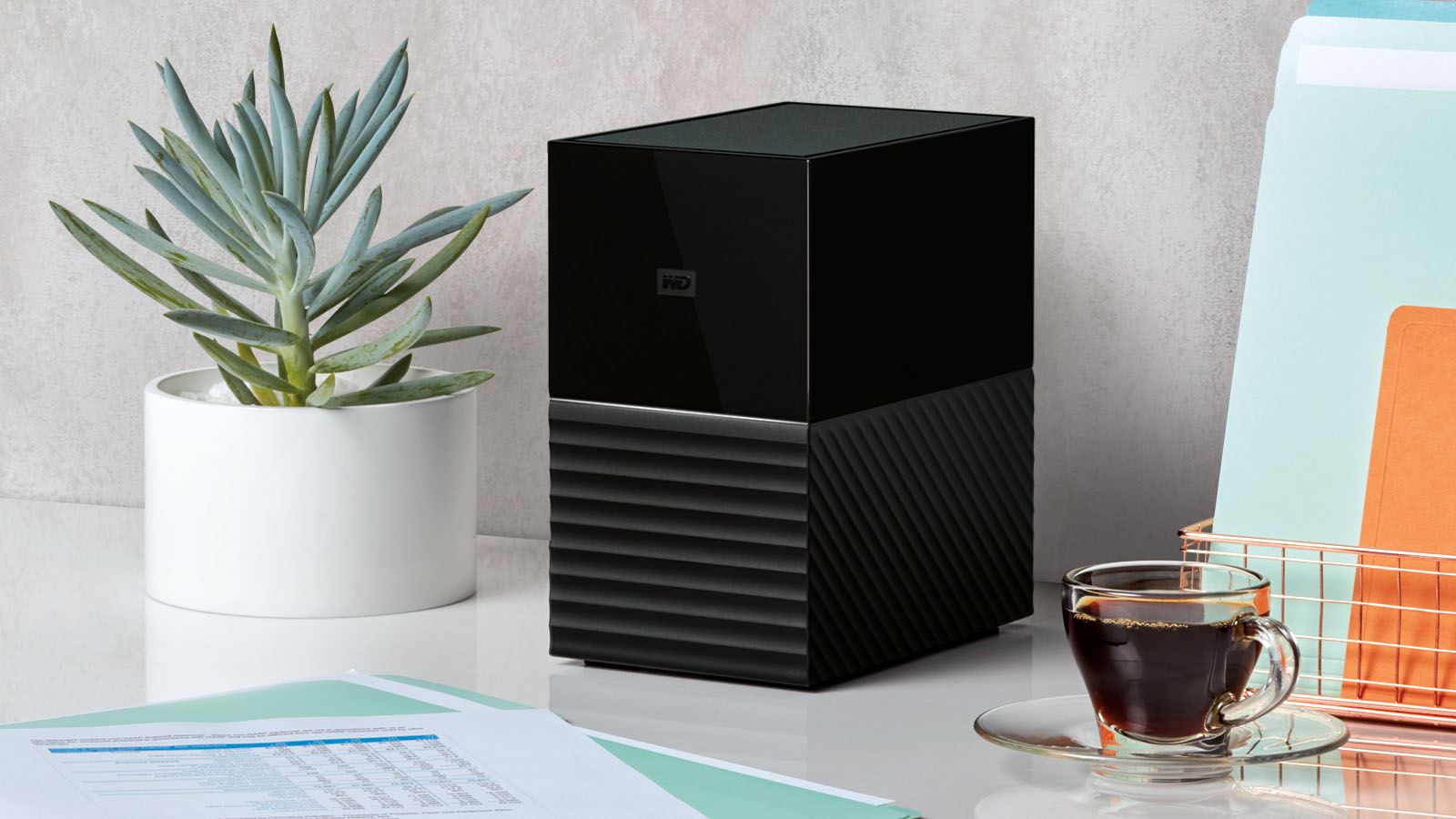How much does cloud storage cost?
Know that you're getting a good deal with this guide

If you’ve made the decision to expand your storage, then cloud storage is a great option because it gives you access to your data anywhere you have an Internet connection (unless you’ve saved certain files to your device).
It has increased in popularity for its several merits, including its versatility to sync across numerous devices and platforms, and the effortless online collaboration that comes with the associated Internet connectivity.
Personal users and businesses are all just as likely to want to consider cloud storage, however working out whether you’ve found a good deal can be tricky. Especially if you’re comparing it to other types of storage, like an external hard drive.
Free cloud storage
Take a look at your exact requirements for cloud storage and you may be surprised to learn that you can get a free pot online that suits your needs. Free cloud storage can be limited, for example upload and download speeds may be throttled rendering it a painful experience to handle large files. Then, there’s the question of how much of your own data are you sharing in trade for free storage. The provider may be collecting analytics data about you, and while it’s likely anonymous or not personally identifiable, you may not wish to share such information.
There’s no hard or fast rule as to how much free storage you can expect from a cloud provider, and they don’t even have to provide any at all. We set ourselves the challenge to get 1TB of free cloud storage for life and you can read about all the details there, but as a rule of thumb, you can expect between 5GB and 20GB for free.
There are some that offer less, and some that offer more. Terabox is the largest pot of storage we could find at 1TB, but there are file size and media quality limits and you’ll have to deal with ads.
If you’re a Windows or Apple device user, then both OneDrive and iCloud Drive both start with 5GB for free. Android users can gloat on Google Drive’s larger 15GB free allowance.
Are you a pro? Subscribe to our newsletter
Sign up to the TechRadar Pro newsletter to get all the top news, opinion, features and guidance your business needs to succeed!
How much does cloud storage cost: 200GB
A relatively small storage space like this is great for occasional users storing some documents online, and pricing can very often look reasonable with companies using these lower-end plans to draw customers in.
We crunched the numbers on some of the most popular cloud storage drives to establish the average cost per GB. Expect to pay between 1.50 and 2.00 cents / 1.25 and 2.00 pence per GB at this level. A great benchmark for 200GB of storage would be around $3 / £3 per month.
It’s worth mentioning that pricing won’t be exactly the same in every market, due to currency fluctuations and numerous other economic factors like foreign trade deals. The 100GB OneDrive plan, for example, costs $1.99 or £1.99 per month, effectively making it slightly more expensive in the UK.
How much does cloud storage cost: 2TB
It can be very easy to outgrow the smaller plans, especially if you’re storing photos and videos and sharing the space with other family members, not to mention creating cloud backups of your devices. While you’ll inevitably have to pay more for the additional storage, the good news is that plenty of other people are in the same boat, and as such, competition is fierce, helping to drive prices down.
At this level, the cost per GB significantly decreases to under 0.5 cents / 0.5 pence. You should be able to find a 2TB storage plan for anywhere between $7 and $10 / £7 and £10 per month.
Factors that affect cloud storage pricing
The number of factors that play a role in how companies establish their pricing is almost infinite, and in a world of increasing online presence, the list only continues to grow. One such example is the appeal to stay with a company: Apple may hope that a significant proportion of its customers remain with its iCloud Drive because they already own an iPhone, or because it integrates seamlessly with their other Apple hardware.
More importantly, though, and something to consider when comparing prices, is what else is included. Very rarely these days will you find a cloud storage solution that offers nothing more than a pot of online storage (though they do exist).
Certain versions of Google’s plans (marketed as Google One) offer cashback in the Google store for customers looking to upgrade their devices, with the highest plan also benefiting from a VPN connection.
Apple’s plans, known as iCloud+, offer email aliases, support for a custom domain, certain Internet tracking protection similar to a VPN, and support for HomeKit Secure Video cameras, which is obviously of great importance to anybody using the platform’s HomeKit smart home system.
Cloud storage vs other storage solutions

The clear problem with online cloud storage is that most of it is subscription-based. While some companies offer discounts if you’re willing to pay for a year in one go, and an even smaller number let you buy lifetime access (like Internxt), the likelihood is that you’re going to have to fork out a regular sum of money for the rest of future.
Of course, there are benefits associated with going with a hosted provider, besides the additional services that they may bundle into their plans. Typically, you won’t need to handle backups and the companies will keep your data on multiple servers simultaneously so that, if something dreadful were to happen to a data center, you wouldn’t lose all of your data.
If none of this is important to you, then you may want to consider your own at-home storage. Compare the price of cloud storage to an external hard drive and it’s clear that you’re much better off taking charge of your own data.
You could get a 1TB external HDD for as little as $70 / £60 these days, and not an awful lot more than double that will bag you a far speedier 1TB external SSD. Talk in ‘price per GB’ and you’ll be far better off this way, but the additional services and convenience leave many preferring the cloud storage route.
With several years’ experience freelancing in tech and automotive circles, Craig’s specific interests lie in technology that is designed to better our lives, including AI and ML, productivity aids, and smart fitness. He is also passionate about cars and the decarbonisation of personal transportation. As an avid bargain-hunter, you can be sure that any deal Craig finds is top value!
